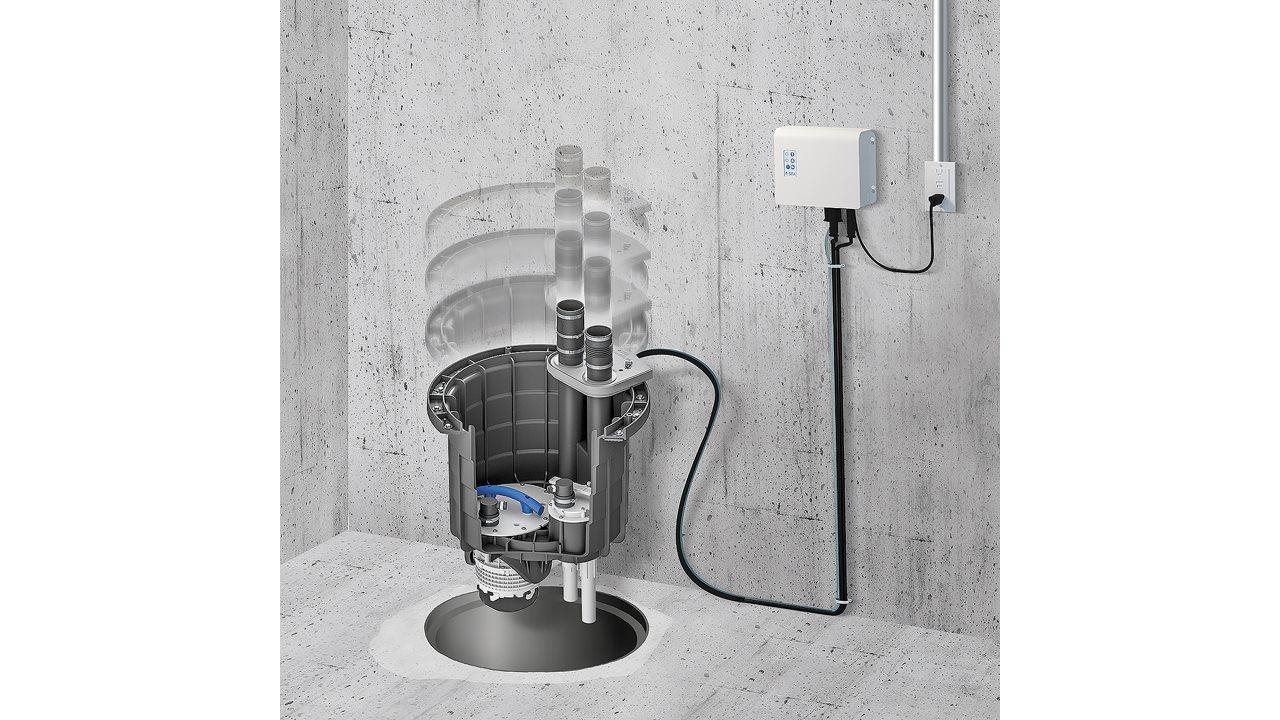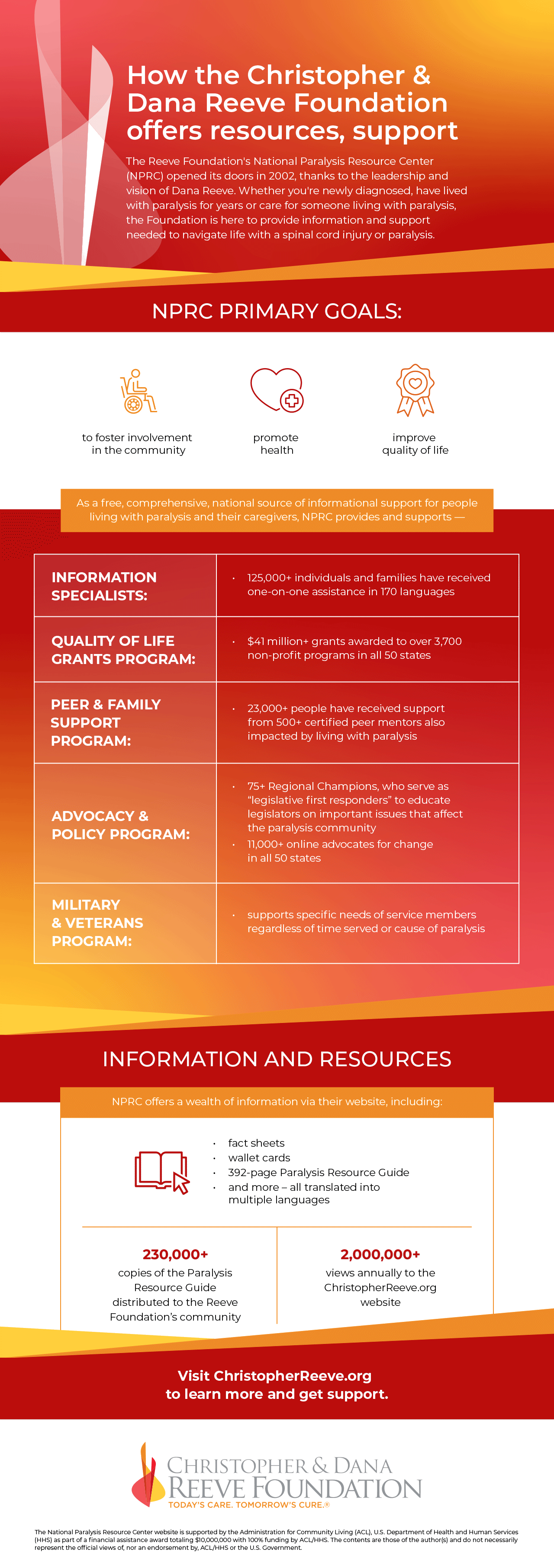2024-01-15T08:01:00
(BPT) – It can happen to anyone.
Benjamin, a construction contractor from Indiana, was rushing out the door to get to work, but the door didn’t close properly. He gave it a hard shove and his arm smashed through the glass, slicing his arm open. He was rushed to the hospital to stop the profuse bleeding and underwent immediate surgery.
Grateful that the surgery saved his arm, Benjamin found himself struggling with an unexpected and agonizing pain following his surgery. Unable to sleep and eventually unable to work, Benjamin became one of the 20 million Americans suffering from peripheral nerve damage — but he didn’t know it.
When Benjamin first found Dr. Brandon Smetana, an orthopedic surgeon who also specializes in nerve repair, he told him, “I tried to get help. Nobody really believed me. They kept saying that I needed to get back to work and move my arm. I kept saying something wasn’t right. I have a high pain tolerance, but people didn’t understand the pain I was in — every day, all day long.”
This is an unfortunate reality for so many people. Many spend countless months — sometimes years — in chronic pain looking for answers. They are often prescribed opioids to try to make the pain more bearable, even though, unfortunately, medication won’t solve the root issue. Finding a healthcare provider who can identify their pain as nerve pain is often a huge relief to patients — even just hearing about a potential solution can bring them to tears.
Many types of accidents, from cooking mishaps to car wrecks, can result in nerve damage. Unrecognized nerve injuries are a common problem as they can often be missed in the ER when the first goal is to stop bleeding. But nerve injuries can lead to ongoing pain, even after the original wound has healed.
Nerve pain can affect any area of the body but most commonly occurs in the arms, hands, legs and feet. It feels different from other pain. Some people feel numbness or tingling, while others describe it as electrical shocks, sharp spasms, or a burning sensation. The pain can be intermittent or unrelenting.
Thanks to recent advances in microsurgery, injured nerves can be surgically repaired to potentially resolve the cause of the pain and even restore lost nerve function, offering the chance to live pain-free again. Fortunately, Benjamin was able to have nerve repair surgery on his arm. The source of his pain stemmed from neuromas — tangled masses of scar tissue that can form when nerves are injured, leading to incorrect signals being sent to the brain that cause pain. Think of nerves like live electrical wires; when they’re properly connected, they’re able to channel their energy appropriately. When they are damaged, they still spark, but incorrectly. Multiple neuromas were removed from Benjamin’s arm to resolve the pain and then the cut nerves were reconnected with a nerve graft, which allowed the nerves to regrow and restore more normal signals, ultimately getting Benjamin back to his life.
“When I was able to get back to work, I felt really good,” Benjamin said. “I could provide for my family again, and that means a lot to me. I’m a survivor one way or another — it felt good to start surviving again.”
Not enough people, healthcare providers and patients alike, know about the devastating effects of nerve damage — or that there are ways to fix the root cause. There are millions of people unnecessarily suffering who could be helped. Their lives shouldn’t be defined by pain.
If you or someone you know is suffering from chronic pain, and had a previous surgery, sports injury, amputation, or traumatic injury, encourage them to talk to their doctor about whether it could be nerve damage and to get a referral to a peripheral nerve surgeon for consultation. If you are a medical professional, take time to consider how your practice is helping patients whose pain may be due to nerve damage.
Collectively, we can bring more awareness to the root cause of pain and help more people find the relief they deserve.
Could surgical nerve repair be right for you? Take a short online nerve pain assessment and find out if you’re a candidate at rethink-pain.com/#survey.





















